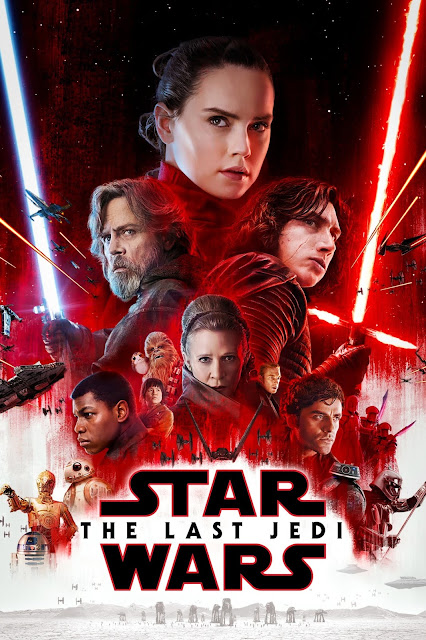Thor: Ragnarok, 12A, 130 mins. Marvel.
Thor, the chiselled, hammer-welding God Of Thunder of Avengers fame, has now had three standalone films (I use the term ‘standalone’ loosely - it’s now beyond expected that several ‘Easter Eggs’ - hidden clues occur, both throughout and after the end credits, including appearances by characters crossing-over both films and cinematic universes).
Thanks largely to another of these, namely the Guardians Of The Galaxy, not only do the characters venture into the stratosphere of the intergalactic, but the tone of this particular Thor film is as smartly cynical and quick-witted as anything in the Marvel canon.
This tongue-in-cheek direction starts immediately, and it’s clearly a deliberate change not just because of Guardians’ colossal commercial success, but also one which Chris Hemsworth clearly enjoys. Thor, as with Captain America alongside him, has previously been a rather intentionally stolid, monotone, straight-laced figure of patriarchal honour and order. Here, he exercises previously untapped comedic potential. He’s kidnapped and taken to a planet which transports him to a kaleidoscope-esque planet via an ode to the opening chimes of Pure Imagination.
That’s not the only unusual musical choice employed by antipodean director Taika Watiti, highly regarded for smaller, independent projects. The opening track, heard repeatedly during epic, slow-mo staged battles, is Robert Plant’s Immigrant Song.
However, it’s in the supporting performances that this one really shows its strengths. Cate Blanchett stars as the gleefully slinky Hela sister (yes, sister) to Thor and Tom Hiddleston’s Loki. ‘I’m not a queen, or a monster - I’m the Goddess Of Death! What were you the God of again?’. Next to Catwoman, she’s posited as one of the first principal female franchise villains - and has great fun. Mark Ruffalo is terrific as the green, not so mean Hulk, and Jeff Goldblum laconically plays The Grandmaster as only he can.
All these retro pop-references and back-and-forth banter is all well and good, but I wonder whether these lighter group of Marvel rag-tag high-jinks are simply becoming extremely entertaining, by now very well-worn parodies of themselves - so much so that Saturday Night Live may soon be saved the trouble.
Rating * * *



